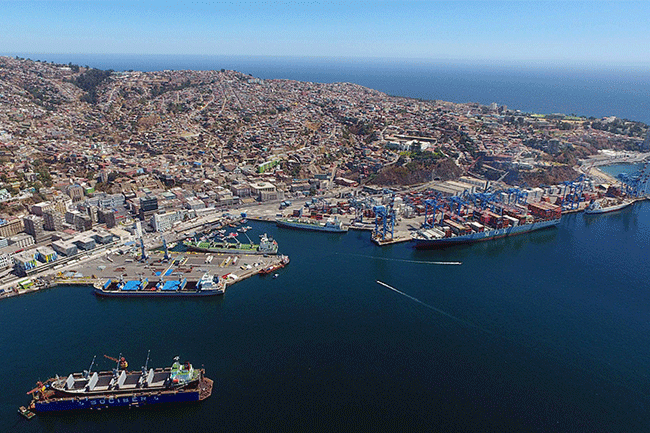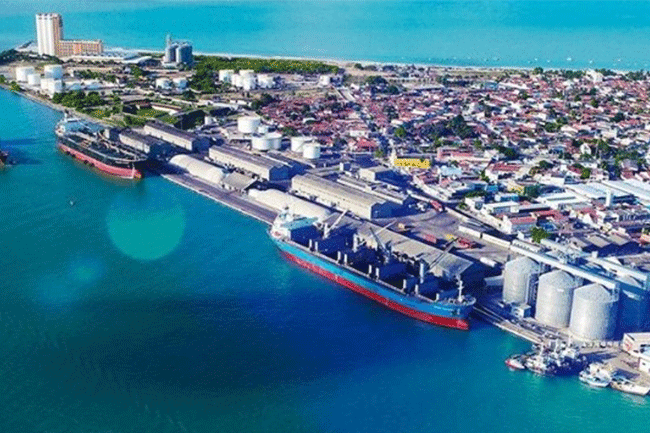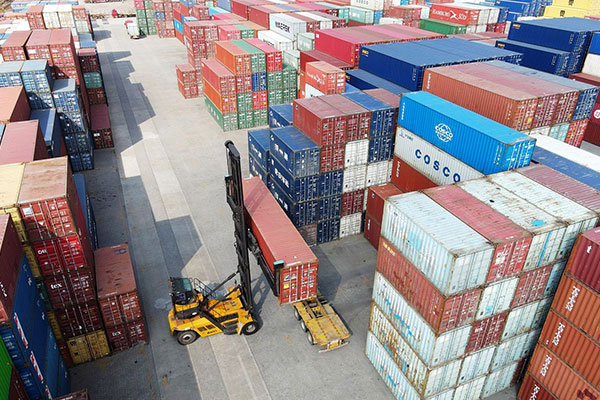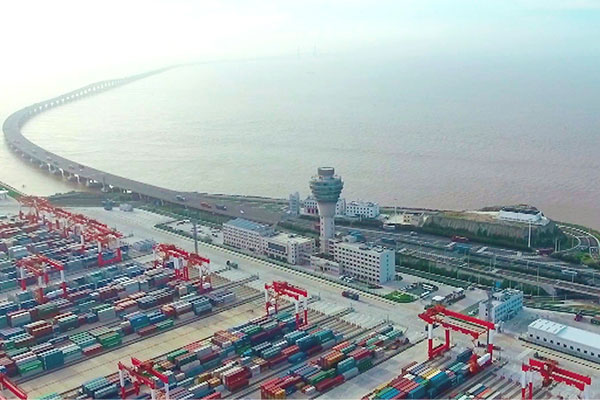- Shanghai Zhongshen International Trading Co., Ltd. – Your reliable partner with 20 years of import/export agency service expertise.
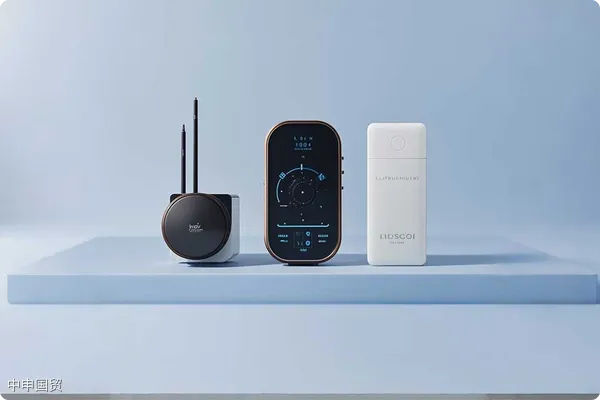
Introduction
In today's globalized business environment, importing textiles such as socks from Japan holds significant commercial potential. However, successfully completing this import process involves numerous complex steps, including documentation handling, logistics arrangements,Convert foreign exchange into RMBas well as product certifications. Next, we will delve into the various key points related to importing socks from Japan.
Opportunities and Challenges in the Context of International Trade
The current international trade landscape is complex and volatile. On one hand, trade protectionism has been on the rise, with countries introducing stricter trade policies and regulations to safeguard their domestic industries. For importing socks from Japan, this may lead to challenges such as higher tariff barriers and complex inspection and quarantine requirements. For instance, some nations impose stringent quality standards and anti-dumping duties on imported socks to protect their domestic textile industries.
On the other hand, there are also numerous opportunities. The booming global e-commerce market has expanded sales channels for imported socks. The sustained growth in consumer demand for high-quality, fashionable socks from Japan means that as long as challenges are properly addressed and market needs are met, substantial profits can be achieved in import trade.
The Professional Approach to Document Processing
- Commercial Invoice: This is one of the most crucial documents in import operations. It must clearly specify the detailed description of the socks, including brand, material, style, quantity, unit price, and total amount. The invoice format should comply with international trade standards, and the information must be accurate to avoid customs clearance delays due to invoice issues. For example, if the material description on the invoice does not match the actual goods, it may trigger customs inquiries and result in cargo detention.
- B/L: As a document of title to the goods, the preparation of the bill of lading is equally important. When importing socks from Japan, it is necessary to select the appropriate type of bill of lading based on the mode of transportation, such asMaritime transportthe bill of lading orAir freightBill of Lading. The consignee and shipper information on the bill of lading must be consistent with the contract, and the description of the goods must match the commercial invoice. Additionally, attention should be paid to the endorsement of the bill of lading to ensure the smooth transfer of control over the goods during transportation.
- Packing list: Record in detail the specific conditions of the socks in each package, including color, size distribution, quantity per package, etc. The packing list facilitates customs inspection of the goods and serves as an important reference for the consignee to verify the shipment. An accurate packing list can prevent issues such as incorrect or missing shipments at the destination port.
Zhong Shen International Trade Co., Ltd.We possess extensive experience and a professional team in document processing. We are well-versed in the varying requirements for import documents across different countries, enabling us to prepare and review documents in advance. This ensures the consistency and compliance of the documents, effectively mitigating risks arising from documentation issues.
Key points of logistics arrangements
- Selection of transportation methods: When importing socks from Japan, you can choose between sea freight or air freight. Sea freight has relatively lower costs and is suitable for large-volume cargo transportation, but the transit time is longer. If opting for sea freight, it is necessary to consider the shipping schedule and book space in advance to avoid cargo backlog due to limited availability. For example, during peak shipping seasons, booking space two weeks in advance is advisable. Air freight is faster and suitable for urgent replenishment or small-volume, high-value cargo transportation, but the costs are higher. When choosing air freight, pay attention to the service quality of airlines and fluctuations in freight rates.
- Selection of freight forwardersA reliable freight forwarder can save importers a lot of trouble. With years of accumulated resources, ZhongShen International Trade has established long-term cooperative relationships with multiple high-quality freight forwarders. Freight forwarders can assist in arranging cargo pickup, customs clearance, transportation, and delivery to the destination. They are familiar with the shipping process and can promptly handle unexpected situations during transportation, such as flight delays or port congestion.
- Cargo Insurance: Purchasing insurance for goods is an essential step. During transportation, goods may face various risks such as fire, shipwreck, theft, etc. It is necessary to select appropriate insurance clauses, such as Free from Particular Average (FPA), With Particular Average (WPA), or All Risks, based on the value of the goods and the risk level of the shipping route. The insured amount should cover the cost of the goods, freight, and expected profits to ensure full compensation in case of loss or damage to the goods.
Special considerations involving different markets
- I. Pre - export Preparation: When it comes to importing socks into the Russian market, ZhongShen International Trade possesses unique advantages in VTB foreign exchange settlement. The general process for foreign exchange settlement when trading with Russian clients is as follows: First, the importer signs a trade contract with the Russian client, specifying the payment method and delivery terms. The Russian client then transfers the payment to the importer's designated account via VTB Bank. VTB Bank enjoys high credibility and stability in the international financial market, ensuring secure and swift fund transfers. Upon receiving the payment, the importer can proceed with subsequent trade operations. Compared to other foreign exchange settlement channels, using VTB for settlement effectively reduces intermediate steps, mitigates exchange rate fluctuation risks, and enhances capital turnover efficiency.
- Southeast Asian market
- Import Process: Taking the example of importing socks from Japan to a certain Southeast Asian country, the first step is to conduct market research to understand the local market demand for socks, consumer preferences, and relevant trade regulations. Next, sign a procurement contract with Japanese suppliers, clearly specifying product specifications, prices, delivery schedules, and other terms. Before shipping the goods, prepare all necessary import documents, such as commercial invoices, bills of lading, packing lists, etc., and declare them to the local customs. Customs will inspect the goods, and if they comply with relevant regulations, the goods will be released after the collection of tariffs and import value-added taxes. After taking delivery, the importer can then distribute the goods to the market for sale.
- Solution: Trade regulations and market environments vary among Southeast Asian countries. For instance, certain nations impose stringent environmental standards on textiles, requiring imported socks to meet corresponding eco-friendly criteria. ZhongShen International Trade offers tailored solutions based on the unique characteristics of each country. We proactively study local regulations, facilitate communication between importers and suppliers, and ensure goods comply with import requirements. Additionally, in terms of logistics and distribution, we optimize transportation routes to enhance delivery efficiency and reduce logistics costs.
Matters related to product certification
When importing socks from Japan, product certification is a crucial step that cannot be overlooked. Different markets have varying certification requirements for socks. For instance, entering the EU market may require compliance with REACH regulations, which involve testing the chemical substances in socks to ensure their safety. For the US market, CPSIA certification might be necessary, imposing restrictions on harmful substances such as lead content and phthalates in the products.
Although ZhongShen International Trade does not directly provide certification services, we will promptly inform clients of the required certifications and assist them in preparing the necessary documents. We will also communicate and coordinate with certification agencies to ensure a smooth certification process.
We are familiar with the basic requirements and procedures of various certifications and can offer professional guidance to help clients avoid unnecessary detours. This enables them to complete certifications as quickly as possible, ensuring their goods can smoothly enter the target market.
In summary, importing socks from Japan requires comprehensive consideration of various aspects such as the international trade situation, document processing, logistics arrangements, foreign exchange settlement, and product certification. With its expertise in import...Export Agent ServicesProfessional expertise in the service sector, particularly the advantages in document processing and logistics services, along with the convenience of VTB foreign exchange settlement tailored for the Russian market, can provide importers with comprehensive, high-quality services, helping them succeed in the complex international trade environment.
? 2025. All Rights Reserved.
